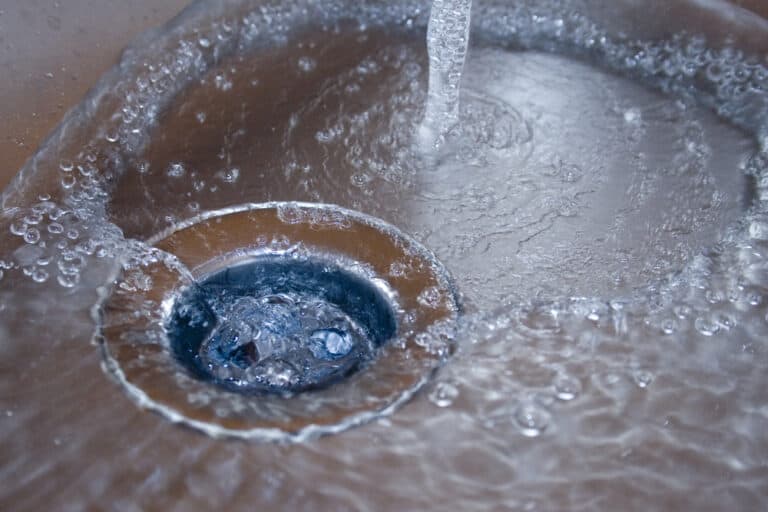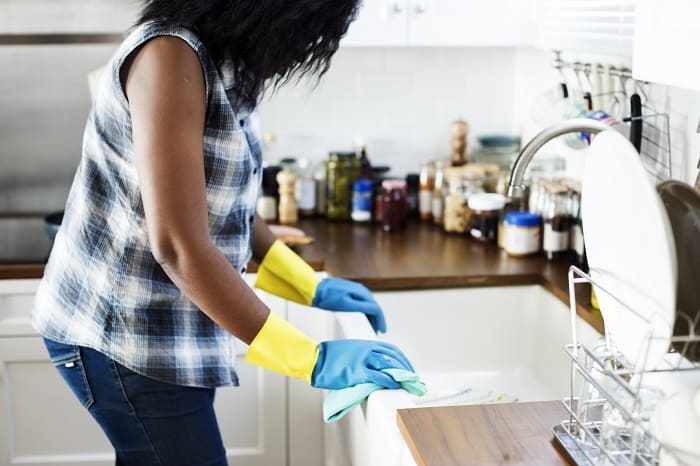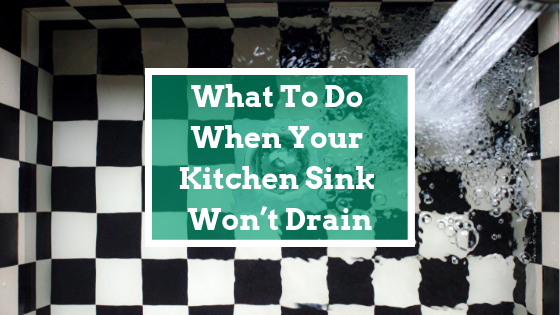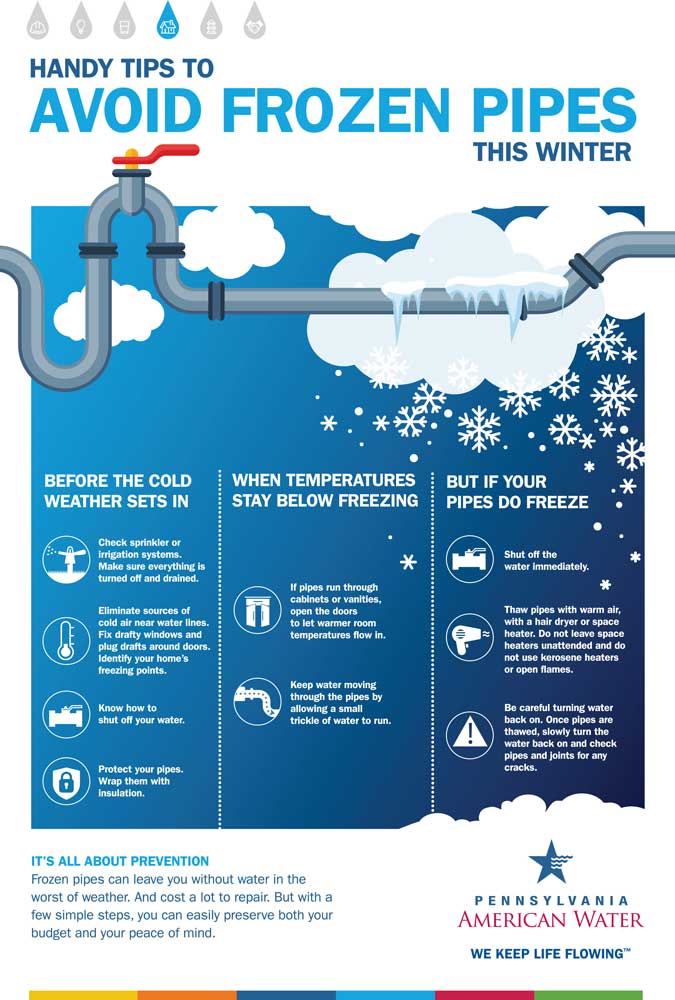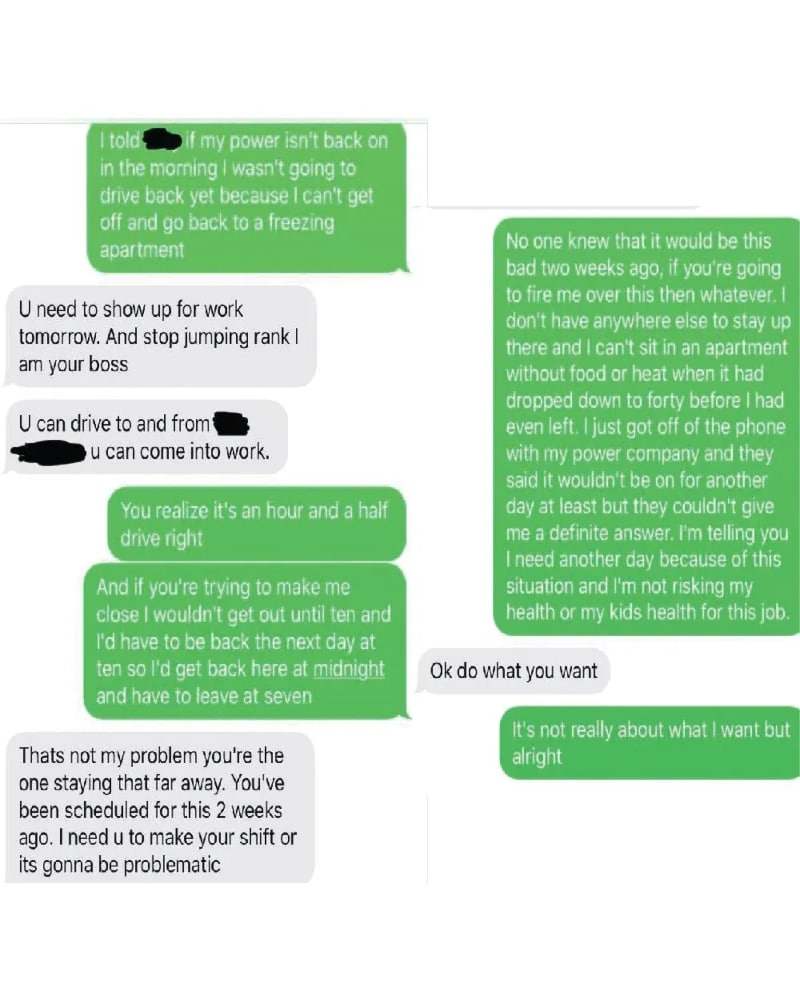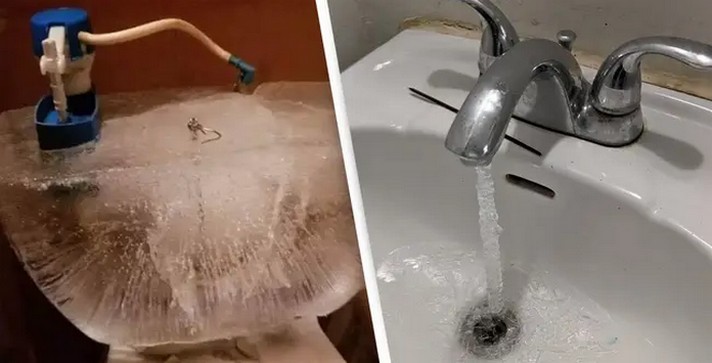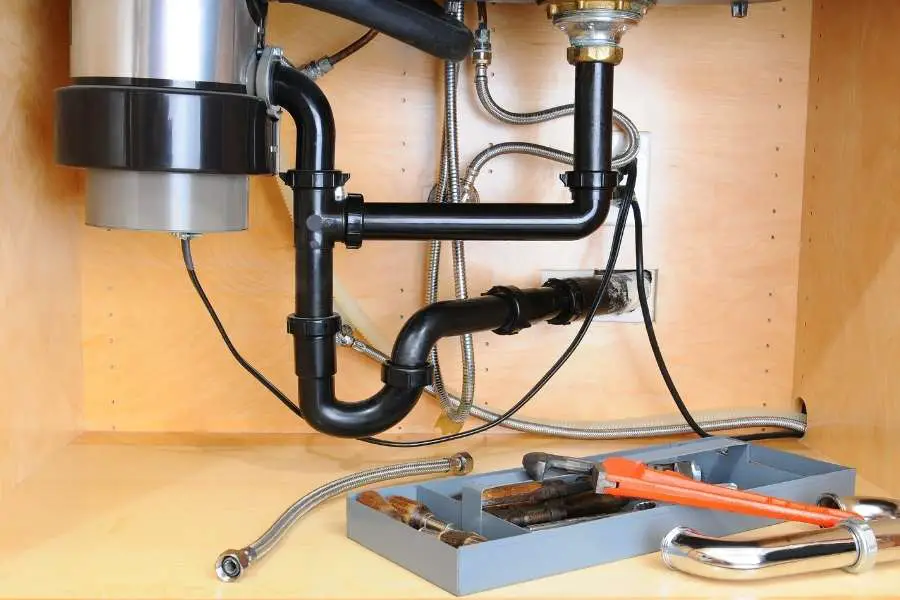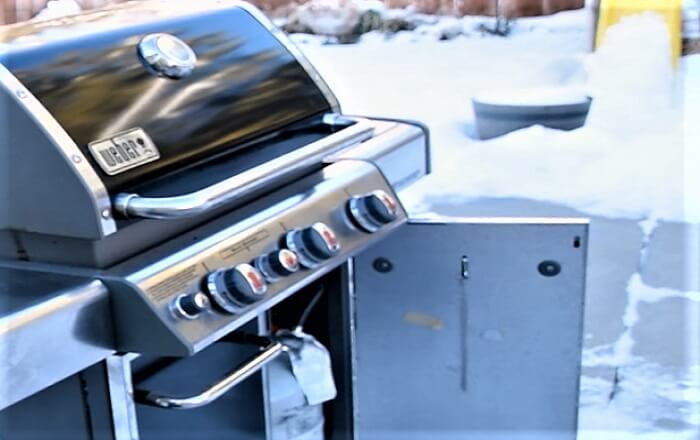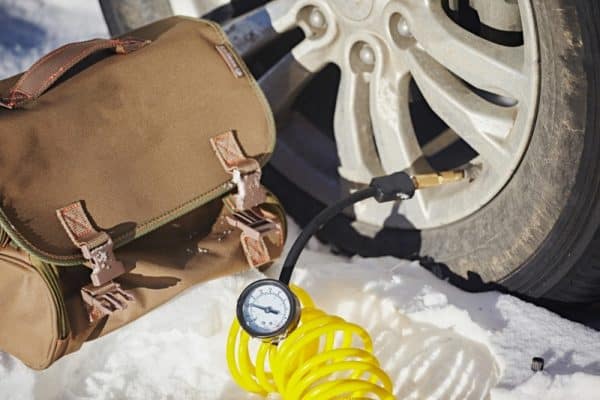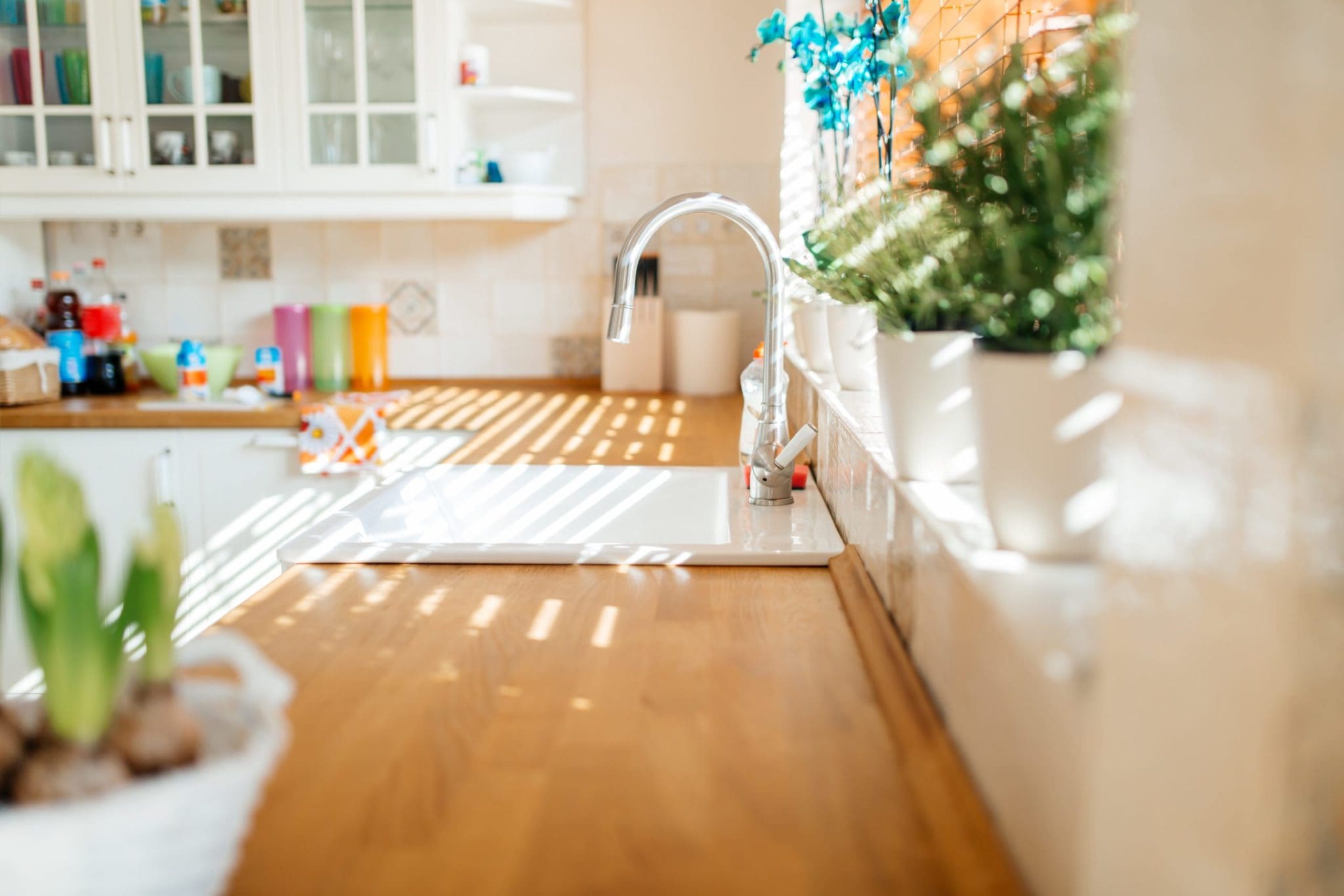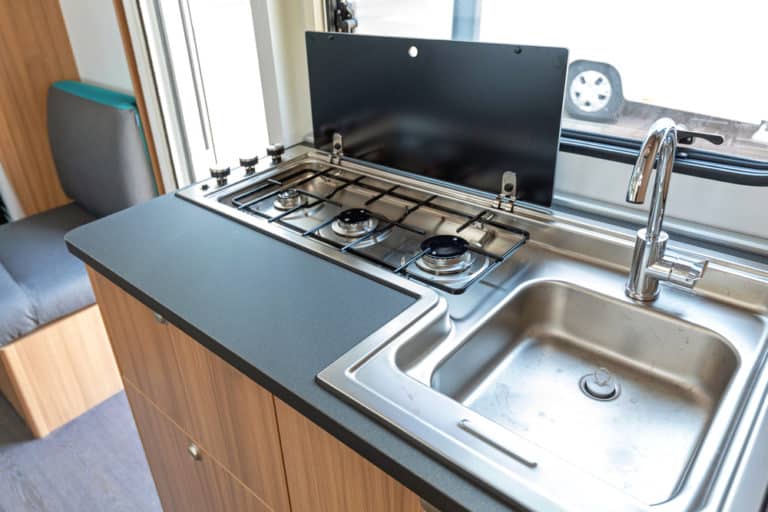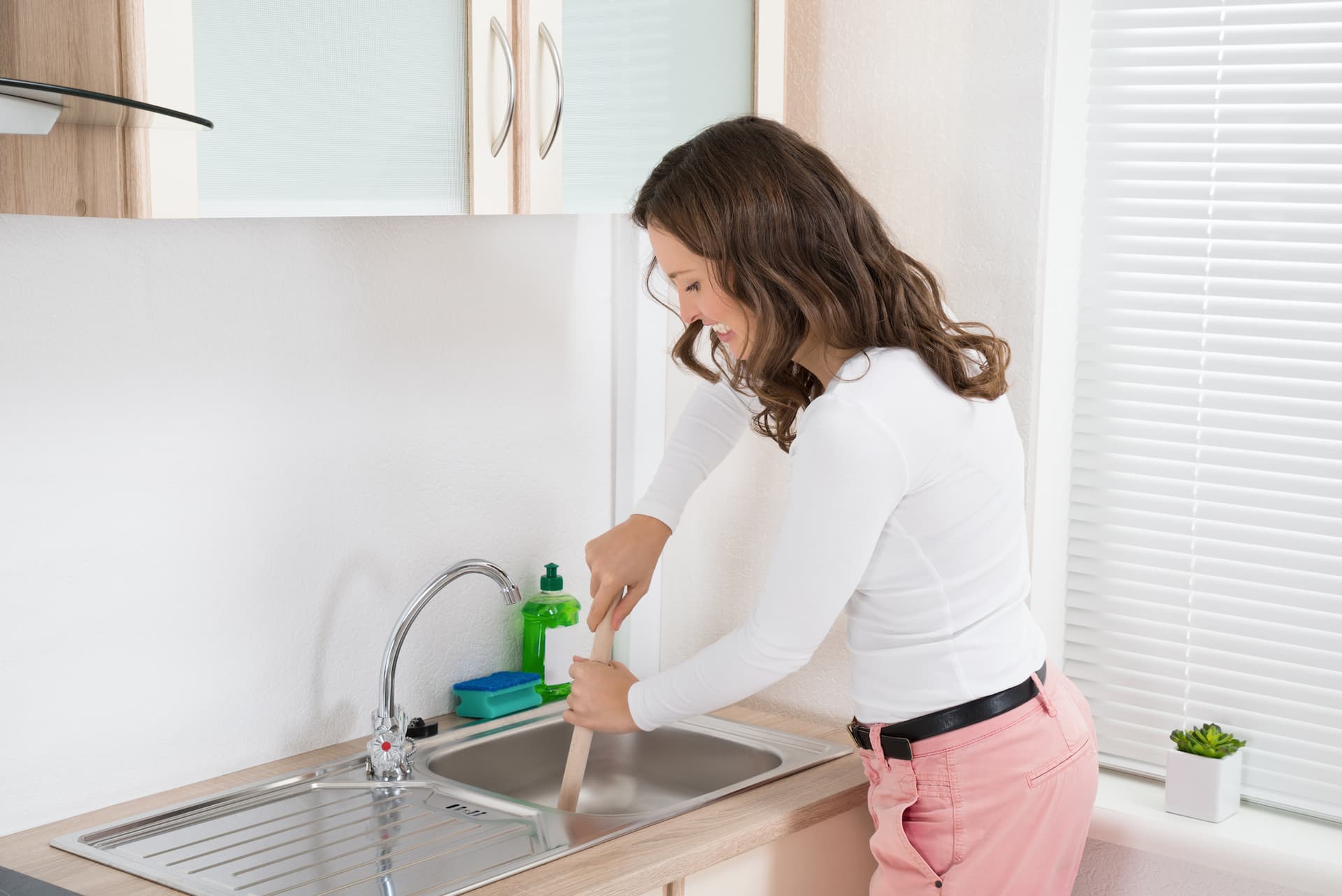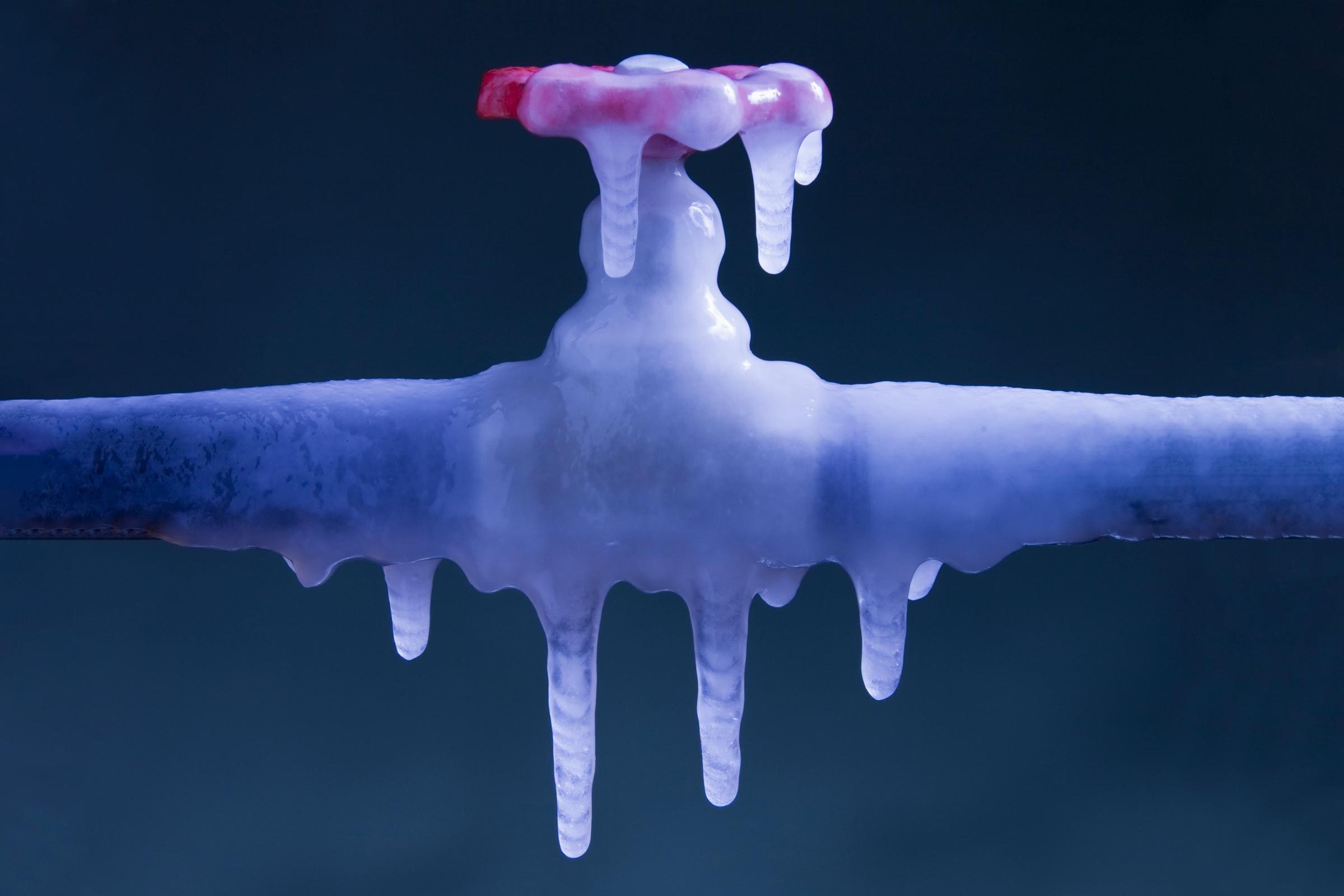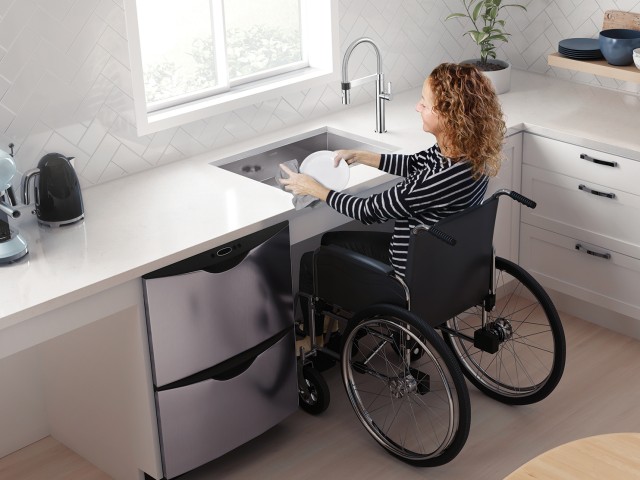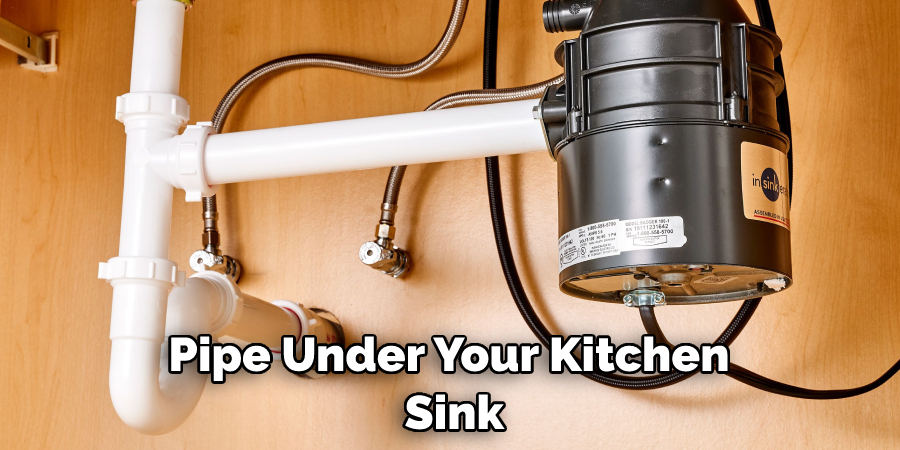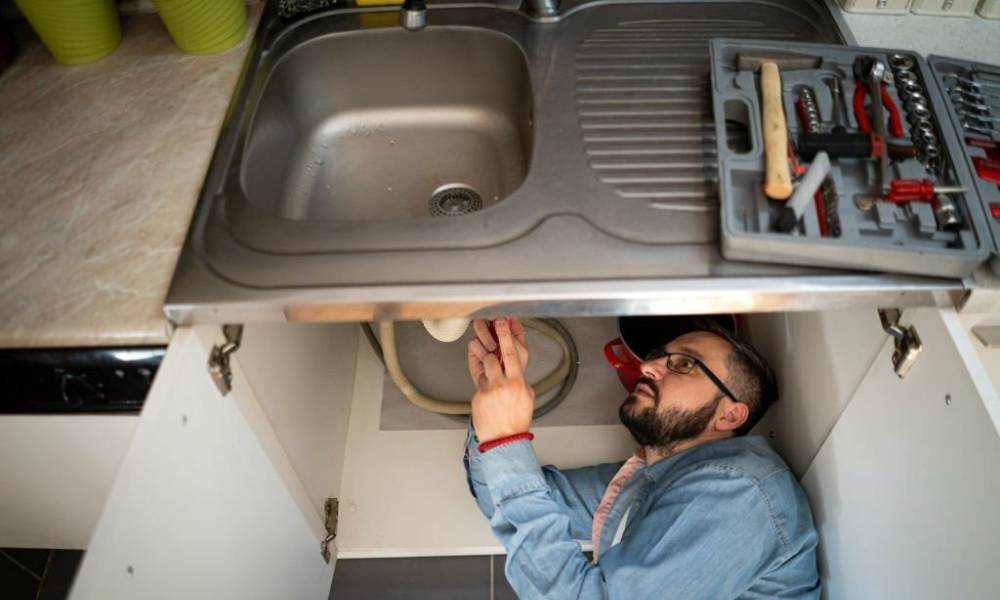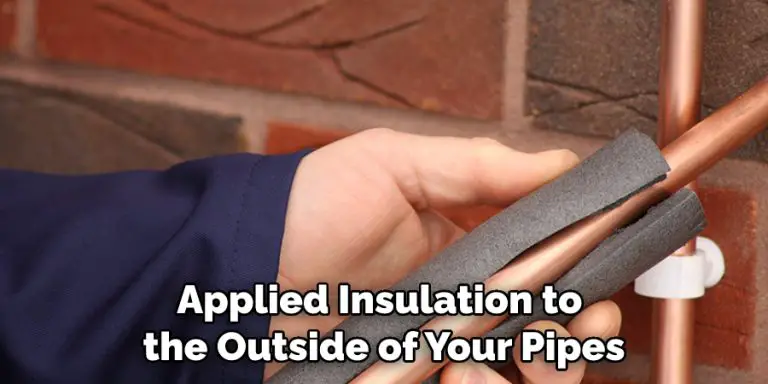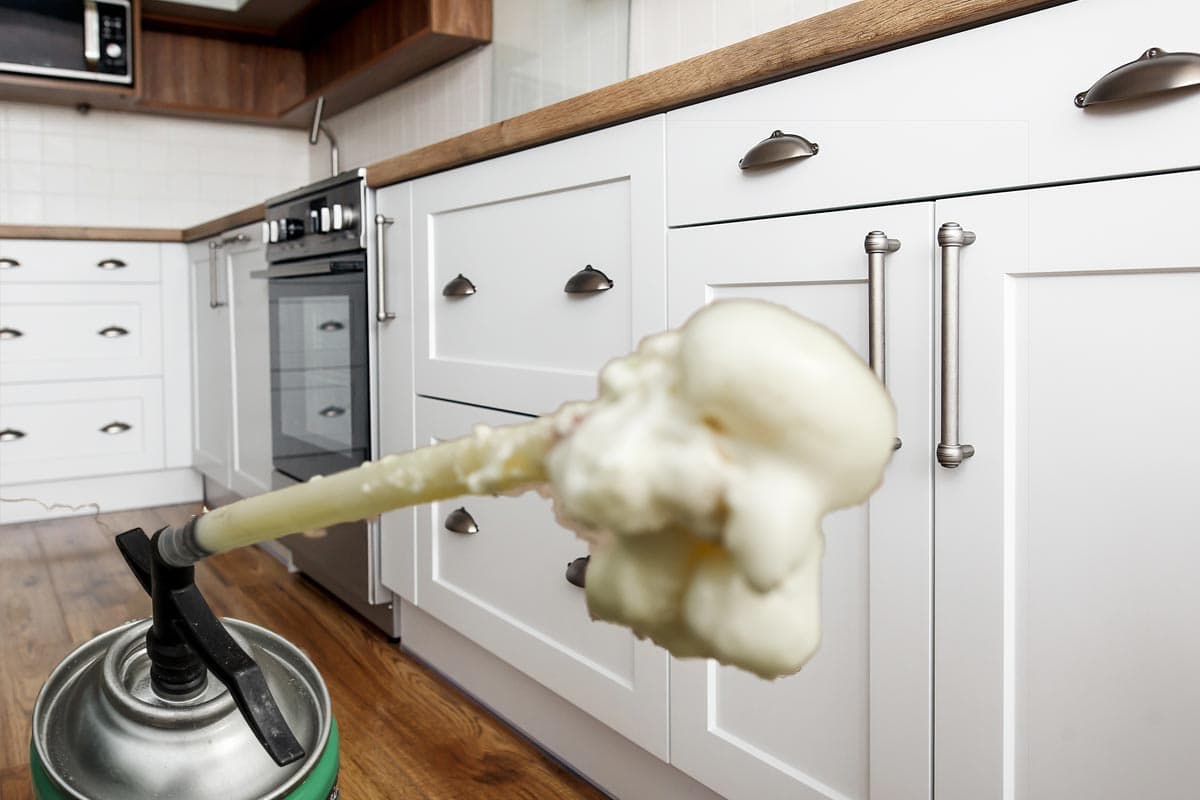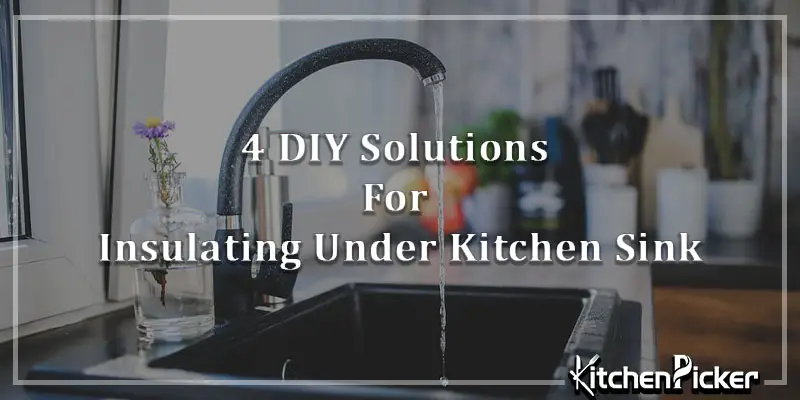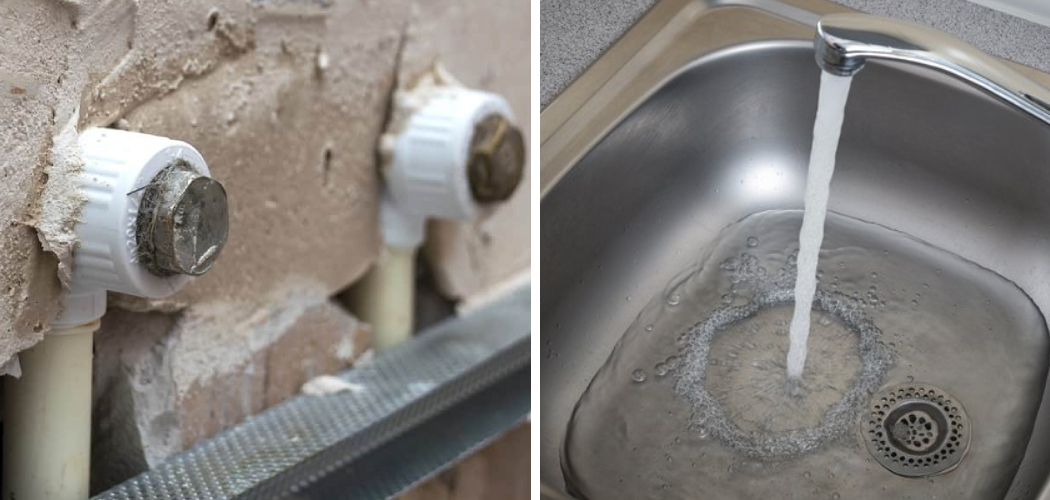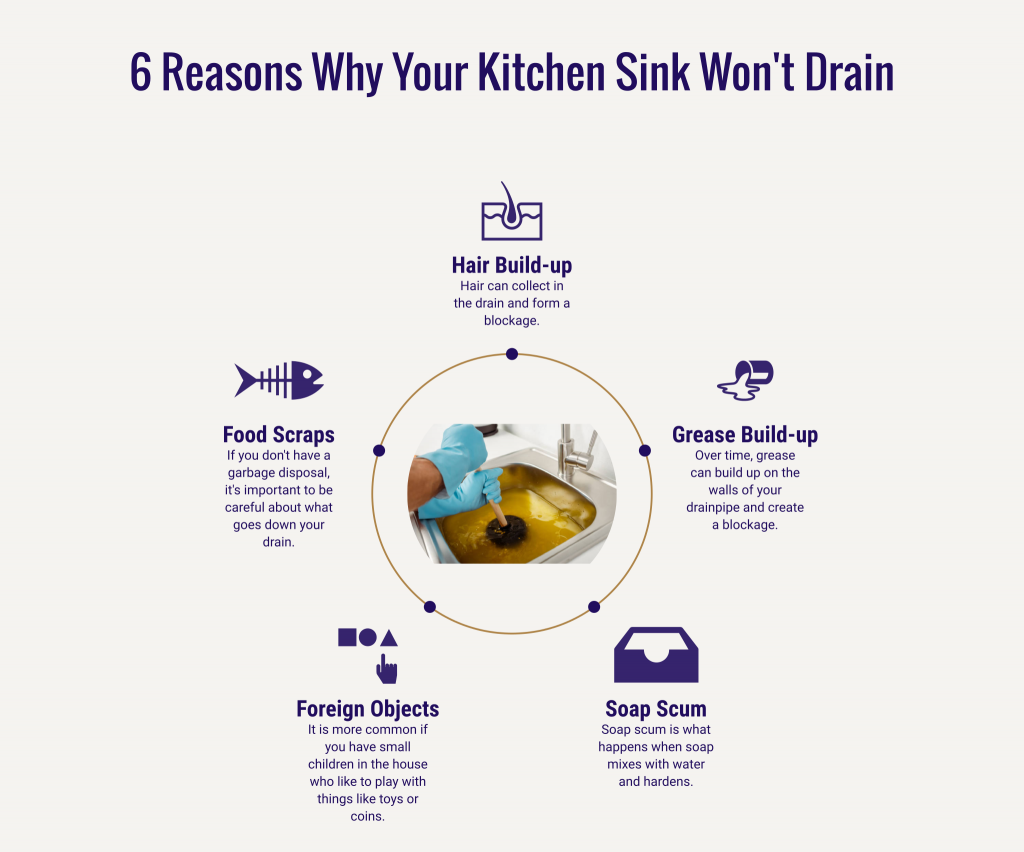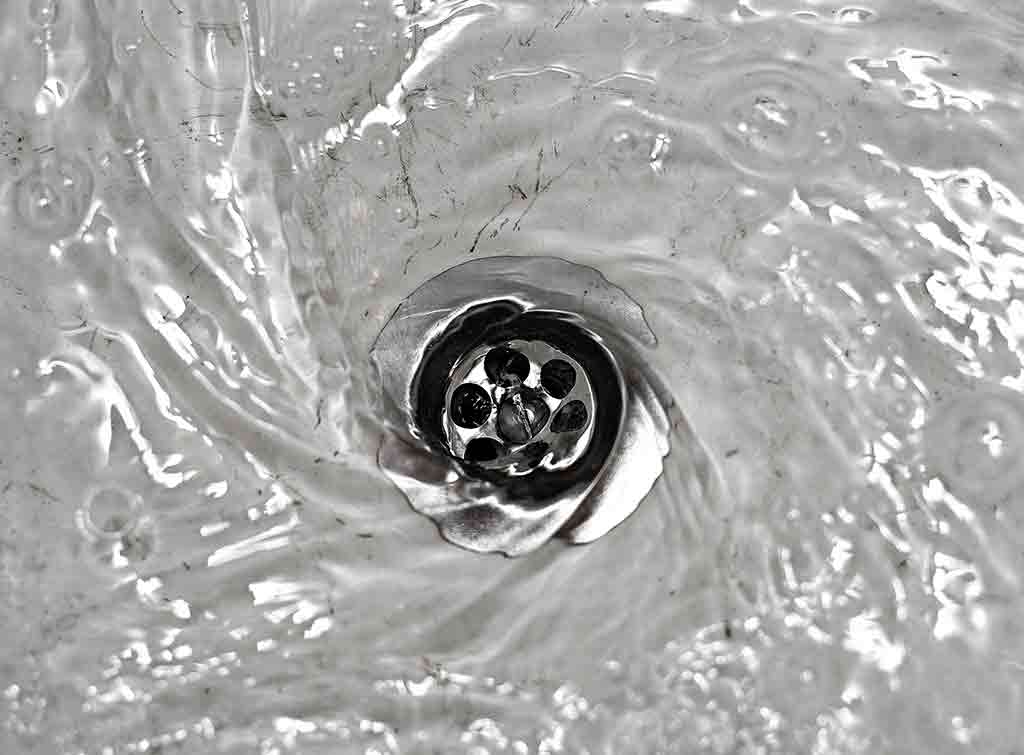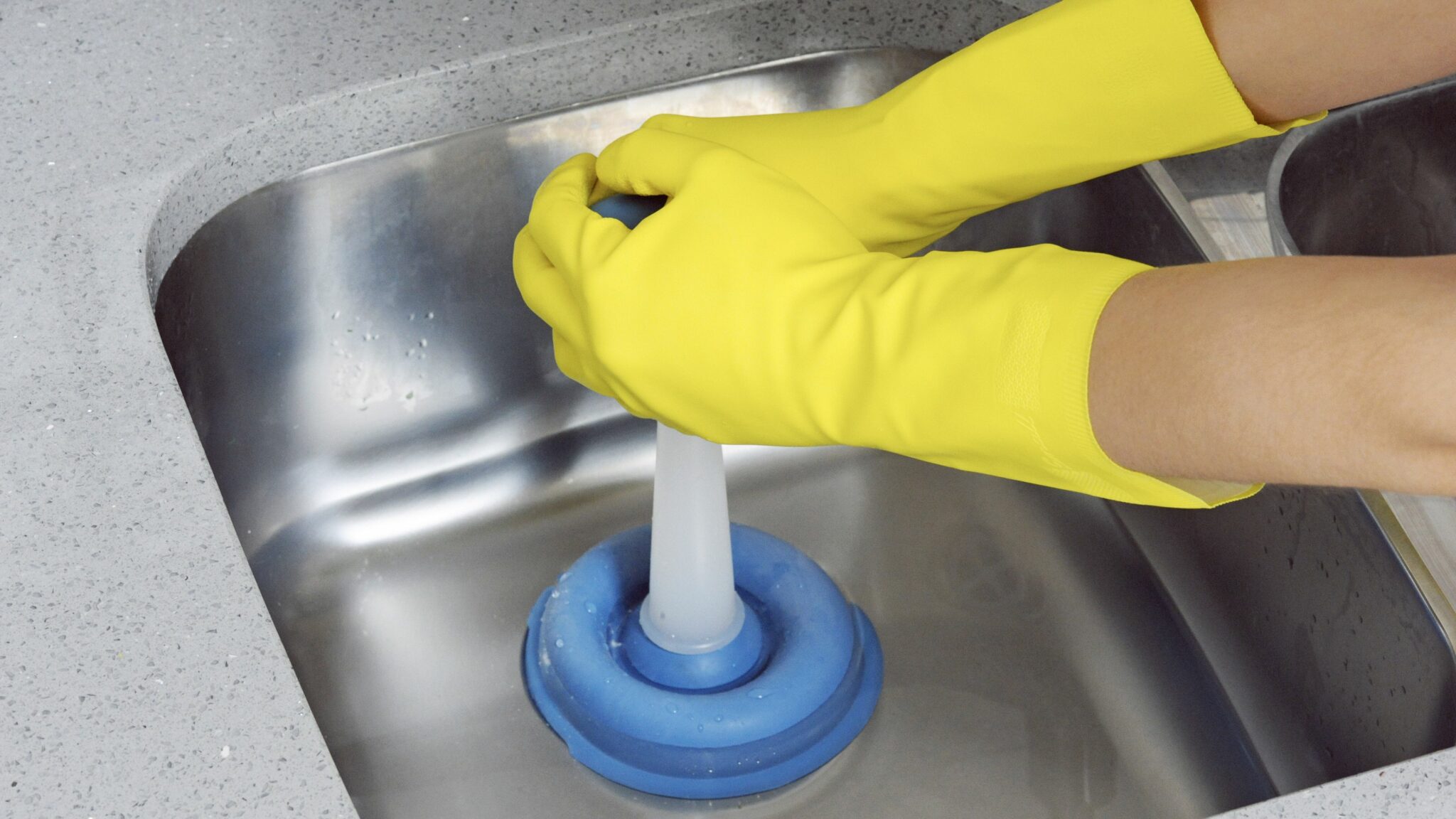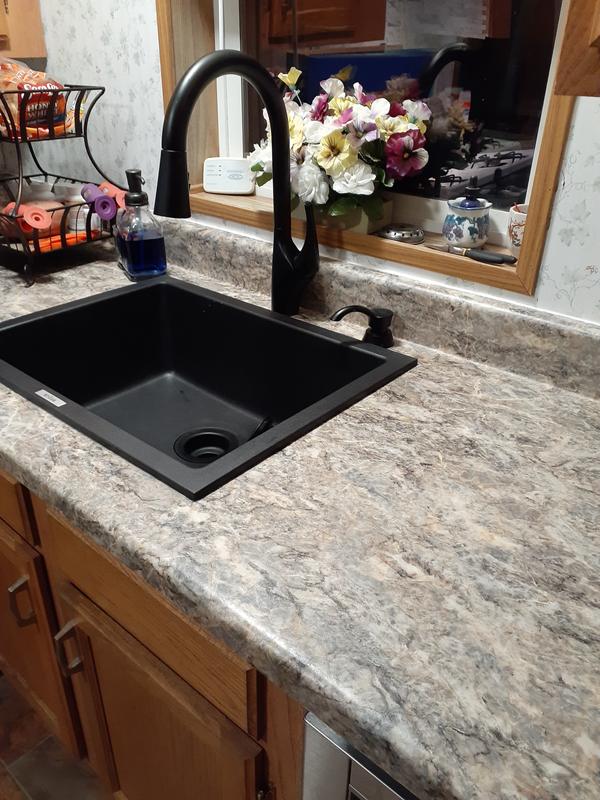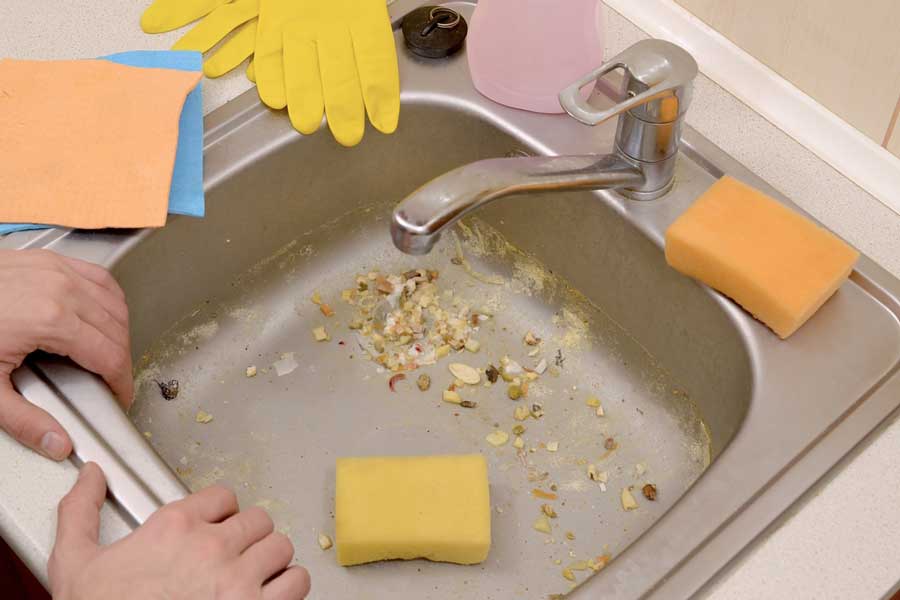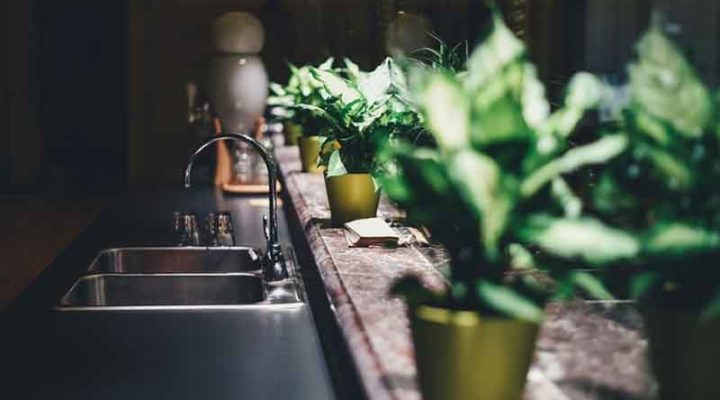How to Fix a Kitchen Sink That Won't Drain in Cold Weather
Dealing with a kitchen sink that won't drain in cold weather can be frustrating and inconvenient. But before you call a plumber, there are a few things you can try to fix the issue yourself.
Firstly, check the pipes for clogs. In colder temperatures, any grease or food particles may solidify and block the pipes, preventing water from draining properly. Use a plunger or a drain snake to try and clear the clog. If that doesn't work, you may need to remove the trap and manually clean it out.
Next, check the garbage disposal. If your sink has a garbage disposal, make sure it is not clogged or frozen. You can try running hot water and turning on the disposal to see if that helps. If the disposal is clogged, you may need to manually remove any debris.
If those solutions don't work, check the vents. A clogged vent can also cause your sink to not drain properly. Check the vent outside your home and make sure there is no debris blocking it. You can also try pouring hot water down the vent to melt any potential blockages.
Lastly, check for frozen pipes. In extremely cold weather, your pipes may freeze, causing your sink to not drain. You can use a hairdryer or a heat lamp to try and thaw the pipes. If the issue persists, you may need to call a plumber to properly thaw the pipes.
How to Prevent Your Kitchen Sink from Freezing in Cold Weather
Prevention is always better than cure, especially when it comes to your kitchen sink freezing in cold weather. Here are some tips to help prevent this issue from happening:
Insulate your pipes. Properly insulating your pipes can help prevent them from freezing in the first place. You can use foam pipe insulation or heated tape to keep your pipes warm during cold temperatures.
Keep the heat on. If you're leaving your home for an extended period during winter, make sure to keep the heat on. This will help prevent your pipes from freezing and potentially causing damage.
Open cabinet doors. If your sink is located against an exterior wall, open the cabinet doors to allow warm air to circulate around the pipes. This can help prevent them from freezing.
Let the faucet drip. Allowing a small drip of water to continuously flow from your faucet can prevent the pipes from freezing. The constant movement of the water makes it harder for the pipes to freeze.
Why Your Kitchen Sink is Not Working in Cold Weather
There are a few potential reasons why your kitchen sink may not be working properly in cold weather. Here are some common causes:
Frozen pipes. As mentioned earlier, frozen pipes can cause your sink to not drain. This can happen if your pipes are not properly insulated or if the temperature drops significantly.
Clogged pipes. Grease, food particles, and other debris can clog your pipes, making it difficult for water to drain properly. This is more likely to happen in colder temperatures due to the solidification of these substances.
Clogged vents. Your sink may also not be draining because the vent outside your home is clogged. This can happen if leaves, debris, or snow block the vent.
Malfunctioning garbage disposal. If your sink has a garbage disposal, it may not be working properly due to a clog or a malfunction. This can cause water to back up in your sink and not drain properly.
Common Causes of a Kitchen Sink Not Working in Cold Weather
There are a few common causes of a kitchen sink not working in cold weather. These include:
Frozen pipes. When water freezes, it expands, which can cause pipes to burst or become blocked. This can prevent water from draining properly in your sink.
Clogged pipes. As mentioned earlier, grease, food particles, and other debris can clog your pipes and prevent water from draining. This is more common in colder temperatures.
Clogged vents. If the vent outside your home is clogged, it can prevent air from properly escaping, leading to slow draining or a completely clogged sink.
Malfunctioning garbage disposal. If your sink has a garbage disposal, it may not be working properly, which can cause water to back up and not drain properly.
How to Thaw a Frozen Kitchen Sink in Cold Weather
If your kitchen sink is frozen, here are a few steps you can take to try and thaw it out:
Use a hairdryer. Direct a hairdryer on high heat towards the frozen pipes to help melt the ice. Make sure to keep the hairdryer at least a foot away from the pipes and avoid using it near any standing water.
Use a heat lamp. Similar to a hairdryer, a heat lamp can also help thaw frozen pipes. Keep the lamp at least a foot away from the pipes and make sure to monitor it to prevent any potential fire hazards.
Try hot water. Pouring hot water down the pipes may help melt the ice and thaw the pipes. However, you should avoid using boiling water as it can cause damage to your pipes.
Call a plumber. If the above methods do not work, it may be time to call a plumber. They have the necessary tools and expertise to properly thaw frozen pipes without causing any damage.
Tips for Maintaining Your Kitchen Sink in Cold Weather
To prevent your kitchen sink from not working in cold weather, here are some tips for maintaining it during the winter:
Insulate your pipes. Properly insulating your pipes can prevent them from freezing and potentially causing damage. Make sure to use foam pipe insulation or heated tape.
Keep the heat on. If you're leaving your home for an extended period during winter, make sure to keep the heat on to prevent your pipes from freezing.
Clear away debris. Make sure to regularly clear away any leaves, snow, or debris from your vent to prevent it from becoming clogged and causing drainage issues.
Use a drain cover. To prevent food particles and other debris from clogging your pipes, use a drain cover to catch anything that may go down the drain.
Signs That Your Kitchen Sink is Not Working Properly in Cold Weather
There are a few warning signs that your kitchen sink may not be working properly in cold weather. These include:
Slow draining. If you notice that your sink is draining slower than usual, it may be a sign of a clogged or frozen pipe.
Backed up water. If water is backing up in your sink or not draining at all, it could be a sign of a more severe issue, such as a frozen pipe.
Unusual noises. If you hear gurgling or other strange noises coming from your sink, it could be a sign of a clog or frozen pipe.
Foul odor. A clogged or frozen sink can also cause foul odors to emanate from your drain. This could be a result of trapped food particles or debris.
How to Insulate Your Kitchen Sink for Cold Weather
To prevent your kitchen sink from freezing in cold weather, here are some steps you can take to properly insulate it:
Use foam pipe insulation. Foam pipe insulation is an easy and cost-effective way to keep your pipes warm and prevent them from freezing. Simply measure and cut the insulation to fit your pipes and secure it with tape or cable ties.
Wrap pipes with heated tape. If you live in an area with extremely cold temperatures, you may want to consider using heated tape instead of foam insulation. This will ensure that your pipes stay warm and prevent them from freezing.
Open cabinet doors. As mentioned earlier, opening cabinet doors can help warm air circulate around your pipes and prevent them from freezing. Make sure to keep the cabinet doors open during extreme cold weather.
Use a space heater. If your sink is located against an exterior wall, you can use a space heater to help keep the area warm and prevent your pipes from freezing. Just make sure to follow safety precautions and never leave the heater unattended.
What to Do When Your Kitchen Sink is Not Draining in Cold Weather
If your kitchen sink is not draining in cold weather, here are a few steps you can take to try and fix the issue:
Clear any visible clogs. Use a plunger or a drain snake to try and clear any visible clogs in the pipes. If that doesn't work, you may need to remove the trap and manually clean it.
Check the garbage disposal. If your sink has a garbage disposal, make sure it is not clogged or frozen. You can try running hot water and turning on the disposal to see if that helps.
Thaw the pipes. If you suspect that your pipes are frozen, try using a hairdryer, heat lamp, or hot water to thaw them out.
Call a plumber. If the issue persists, it may be time to call a plumber. They have the necessary tools and expertise to properly diagnose and fix the issue.
How to Troubleshoot a Kitchen Sink That is Not Working in Cold Weather
If your kitchen sink is not working in cold weather, here are some troubleshooting steps you can take:
Check for clogs. The first step is to check for any visible clogs in the pipes. Use a plunger or a drain snake to try and remove the blockage.
Inspect the garbage disposal. If your sink has a garbage disposal, make sure it is not clogged or frozen. You can also try resetting it by pressing the reset button underneath the unit.
Thaw the pipes. As mentioned earlier, frozen pipes can cause your sink to not work in cold weather. Try using a hairdryer, heat lamp, or hot water to thaw the pipes.
Call a plumber. If all else fails, it may be time to call a plumber. They have the necessary tools and expertise to properly diagnose and fix the issue.
Why Your Kitchen Sink May Not Be Working in Cold Weather
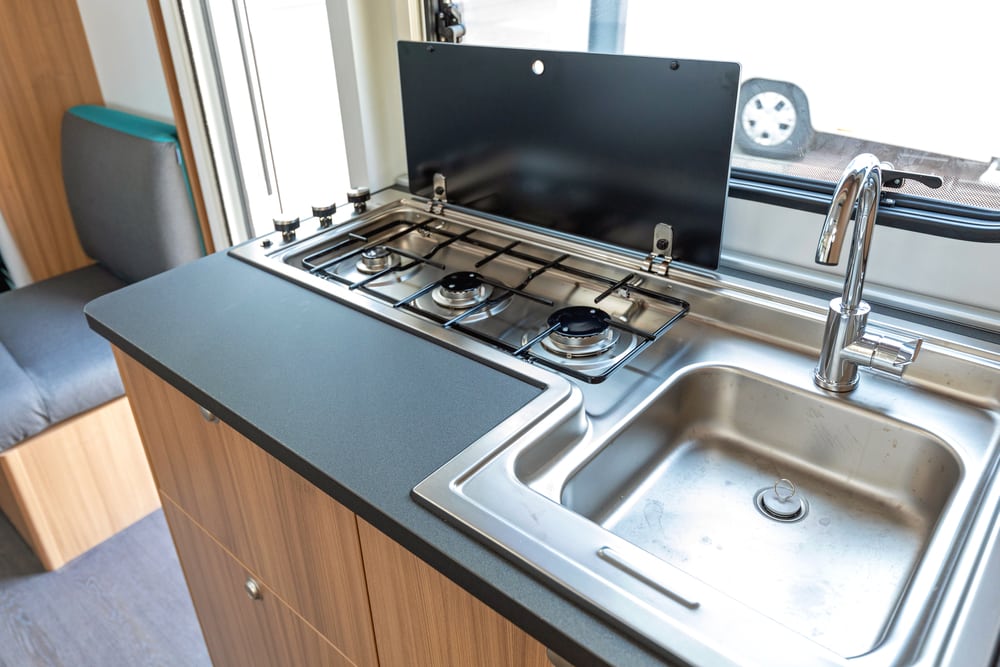
Understanding Your Home's Plumbing System
 When it comes to house design, one of the most important aspects to consider is the plumbing system. This intricate system delivers water to your home and removes waste, making it essential for daily activities such as cooking, cleaning, and bathing. However, during the colder months, you may notice that your kitchen sink is not working as efficiently as it does in warmer weather. This is a common issue that many homeowners face and can be caused by a few different factors.
When it comes to house design, one of the most important aspects to consider is the plumbing system. This intricate system delivers water to your home and removes waste, making it essential for daily activities such as cooking, cleaning, and bathing. However, during the colder months, you may notice that your kitchen sink is not working as efficiently as it does in warmer weather. This is a common issue that many homeowners face and can be caused by a few different factors.
The Effects of Cold Weather on Your Plumbing
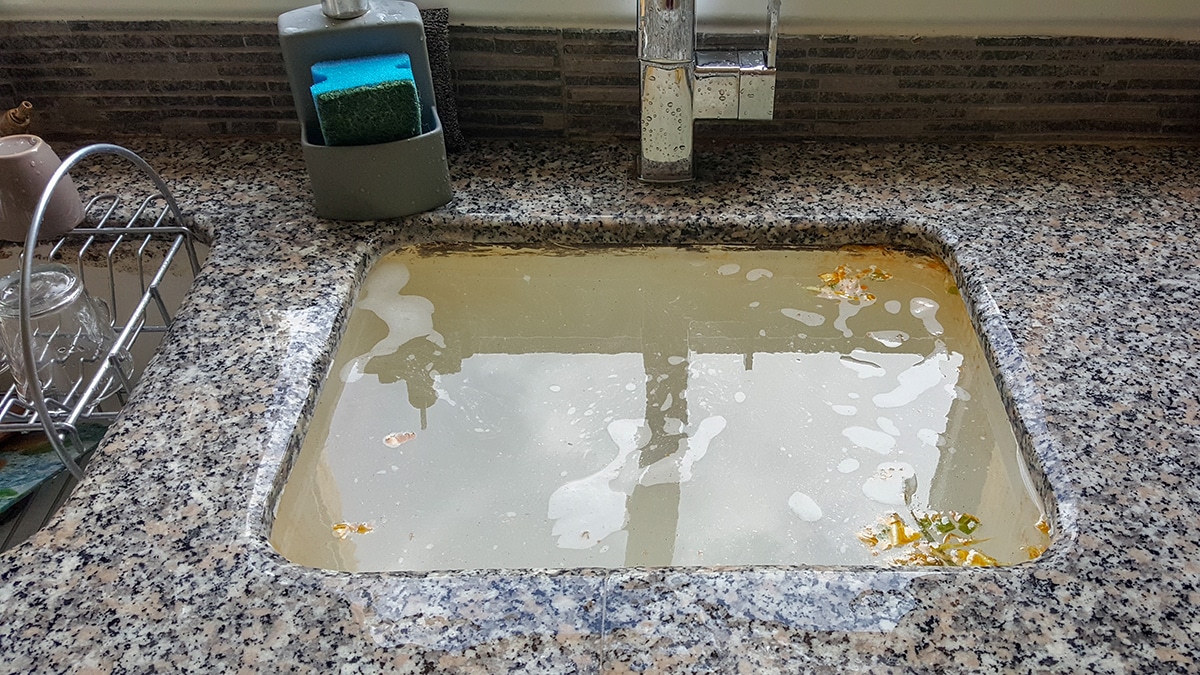 Cold weather can wreak havoc on your plumbing system
, causing pipes to freeze and potentially burst. This is because water expands when it freezes, putting pressure on the pipes and causing them to crack or burst. When this happens, the water flow to your kitchen sink may be disrupted, resulting in slow drainage or no water at all. Additionally, the cold weather can also cause the pipes to contract, leading to clogs and blockages in the system.
Cold weather can wreak havoc on your plumbing system
, causing pipes to freeze and potentially burst. This is because water expands when it freezes, putting pressure on the pipes and causing them to crack or burst. When this happens, the water flow to your kitchen sink may be disrupted, resulting in slow drainage or no water at all. Additionally, the cold weather can also cause the pipes to contract, leading to clogs and blockages in the system.
The Importance of Proper Insulation
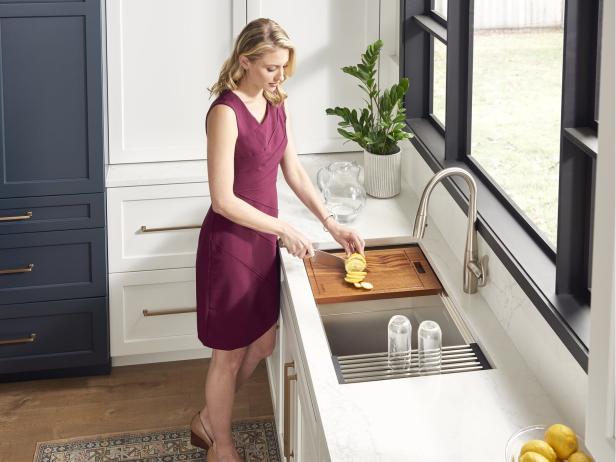 Proper insulation is key to preventing plumbing issues in cold weather
. Insulation helps to protect your pipes from freezing temperatures by keeping them warm. Without insulation, the cold air can easily penetrate the pipes, causing them to freeze and potentially burst. This is especially important for pipes that are located in areas with minimal heat, such as under sinks or in basements. Insulation can also help prevent clogs by keeping the water flowing smoothly through the pipes.
Proper insulation is key to preventing plumbing issues in cold weather
. Insulation helps to protect your pipes from freezing temperatures by keeping them warm. Without insulation, the cold air can easily penetrate the pipes, causing them to freeze and potentially burst. This is especially important for pipes that are located in areas with minimal heat, such as under sinks or in basements. Insulation can also help prevent clogs by keeping the water flowing smoothly through the pipes.
Other Factors to Consider
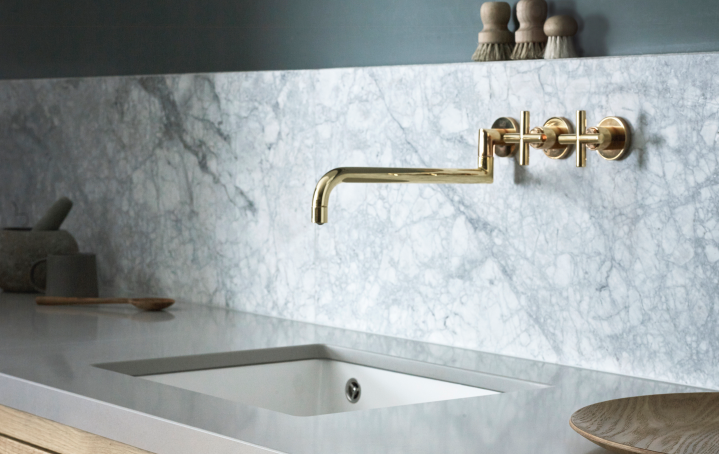 Aside from insulation, there are other factors that may be contributing to your kitchen sink not working in cold weather.
Old or damaged pipes
may be more susceptible to freezing and bursting, so it's important to regularly check and replace any worn-out pipes. Additionally,
leaks or cracks in the pipes
can also lead to freezing and blockages. It's crucial to address any plumbing issues as soon as they arise to prevent further damage.
Aside from insulation, there are other factors that may be contributing to your kitchen sink not working in cold weather.
Old or damaged pipes
may be more susceptible to freezing and bursting, so it's important to regularly check and replace any worn-out pipes. Additionally,
leaks or cracks in the pipes
can also lead to freezing and blockages. It's crucial to address any plumbing issues as soon as they arise to prevent further damage.
In Conclusion
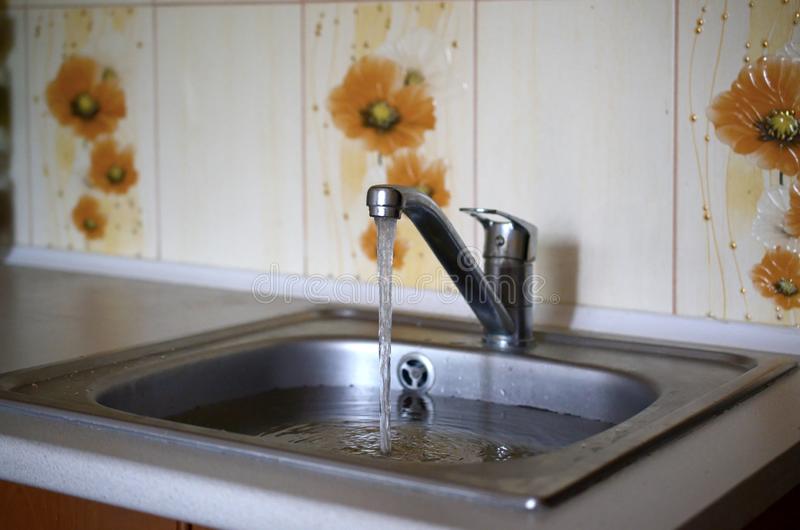 In conclusion, it's important to understand the impact of cold weather on your home's plumbing system.
Proper insulation, regular maintenance, and addressing any issues promptly
are key to ensuring your kitchen sink and other plumbing fixtures work efficiently all year round. If you continue to experience problems with your kitchen sink in cold weather, it's best to consult a professional plumber who can help identify and resolve the issue.
In conclusion, it's important to understand the impact of cold weather on your home's plumbing system.
Proper insulation, regular maintenance, and addressing any issues promptly
are key to ensuring your kitchen sink and other plumbing fixtures work efficiently all year round. If you continue to experience problems with your kitchen sink in cold weather, it's best to consult a professional plumber who can help identify and resolve the issue.








